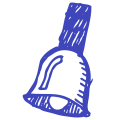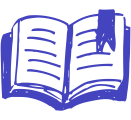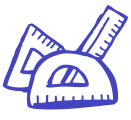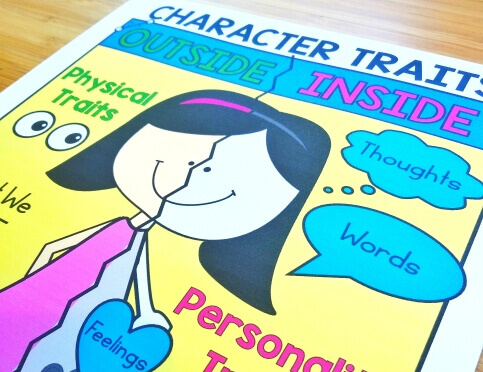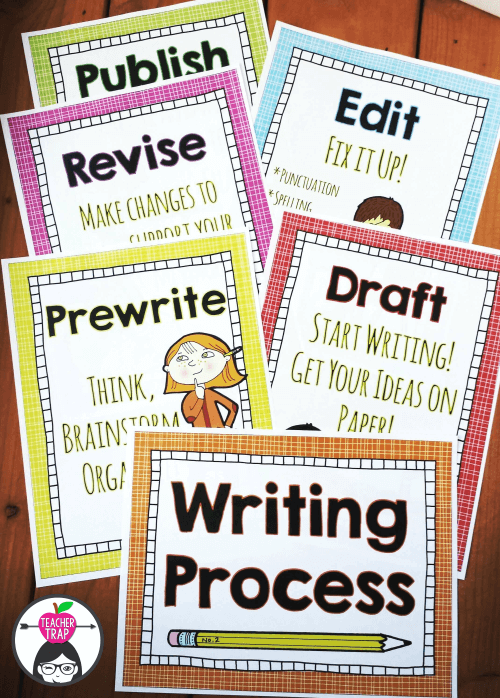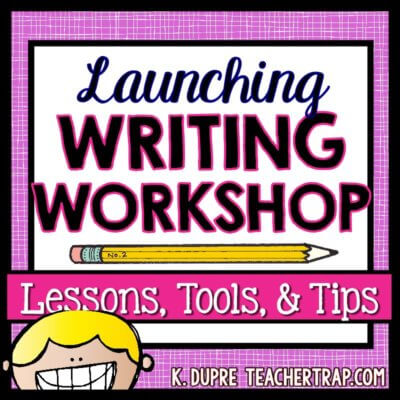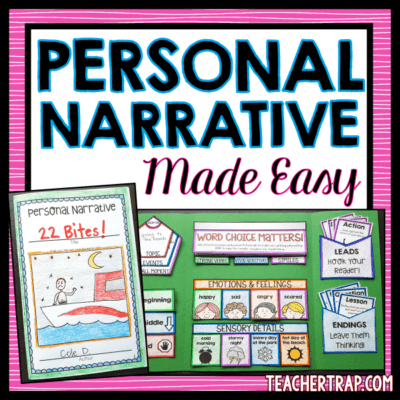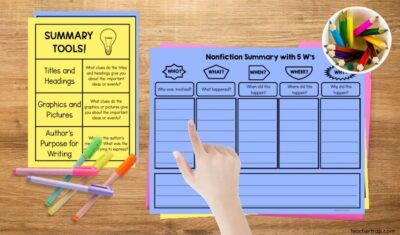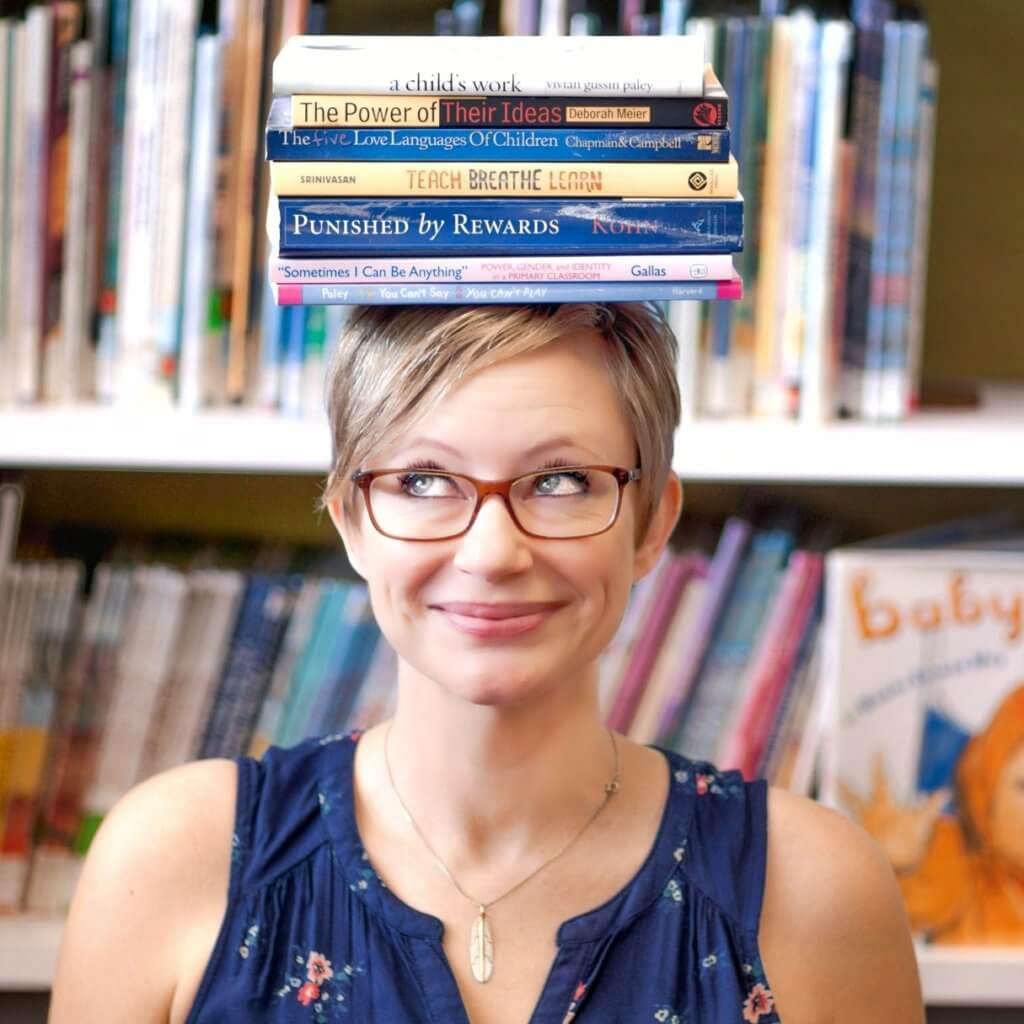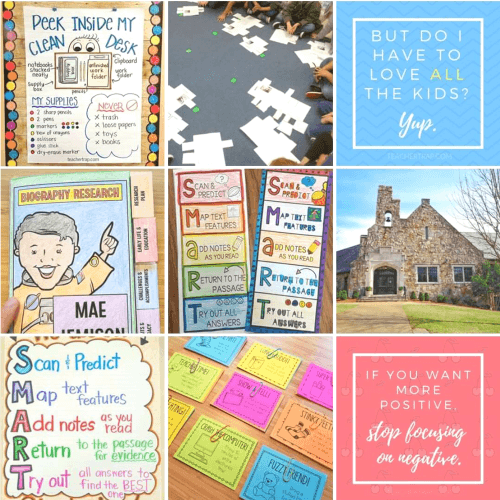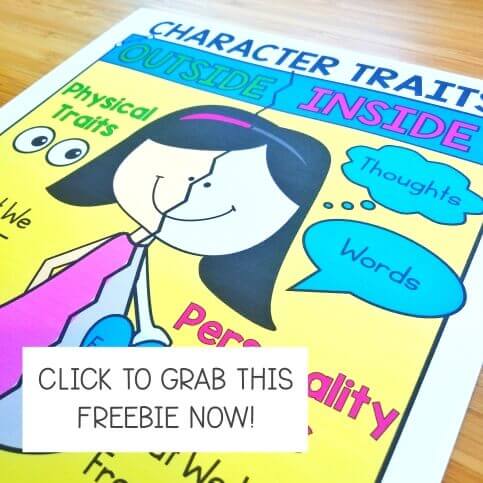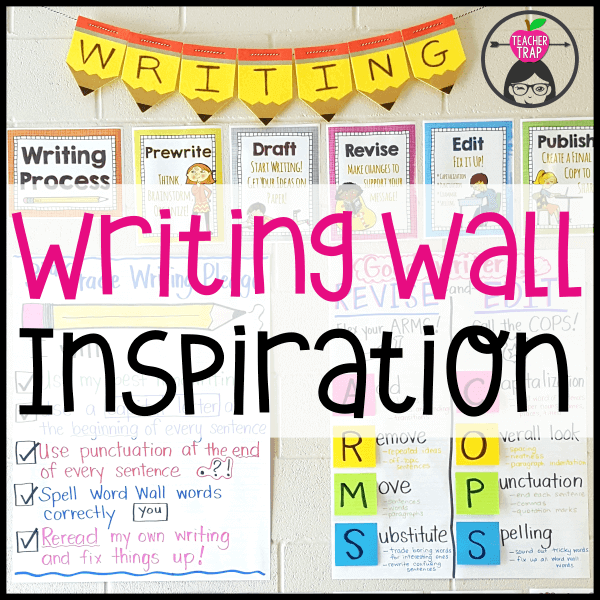
The classroom walls can easily become overrun with too many anchor charts, posters, student work samples, and all that other important STUFF! Last year, we made a change in my room that made a huge difference for my students. I decided to help them make sense of all that “background noise” by organizing the classroom into subject-focused walls. We had a Math Wall, a Science Wall, a Reading Wall, a Word Study Wall, AND a Writing Wall. Word Study and Writing had to share their wall, and Social Studies mostly ended up in the hallway, but it was a start! Anchor charts, student work, and posters that went with that subject-area were grouped together. The change was amazing for my students (and for me) and I’d never do it any other way now!
This post is all about my Writing Wall. Of all the resources on the walls, students seemed to use this one the most! I started the year with the basics: Writing Process posters, my 3rd grade writing expectations, and our revision and editing chart.
Writing Process Posters
We refer to the Writing Process posters often and in every unit, so these stay up year round. These simple posters are from my Launching Writing Workshop pack.
Classroom Writing Expectations Anchor Chart
Next up, I introduce my 3rd Grade Writing Pledge. These are the NON-NEGOTIABLES! We discuss, practice, and create examples of writing that meets these expectations and examples that do not. (The kids love creating the non-examples.) Students record these expectations in the front of the Writing Journal, too and we occasionally say this pledge out-loud, as a reminder. This chart stays up for at least the first 6 – 9 weeks, and sometimes makes a few more appearances as needed!
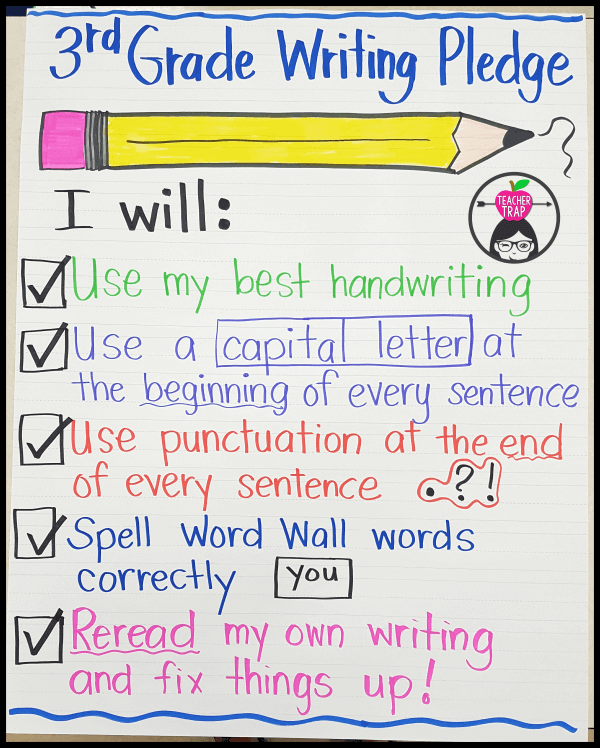
Revising and Editing Anchor Chart
The Revising and Editing Anchor Chart stays up for the first half of the year, even though it occasionally gets covered up by unit specific charts. We refer back to this one A LOT. Students create fold-ups of ARMS and COPS in their Writing Journals, but I notice they often just look back at the class chart.
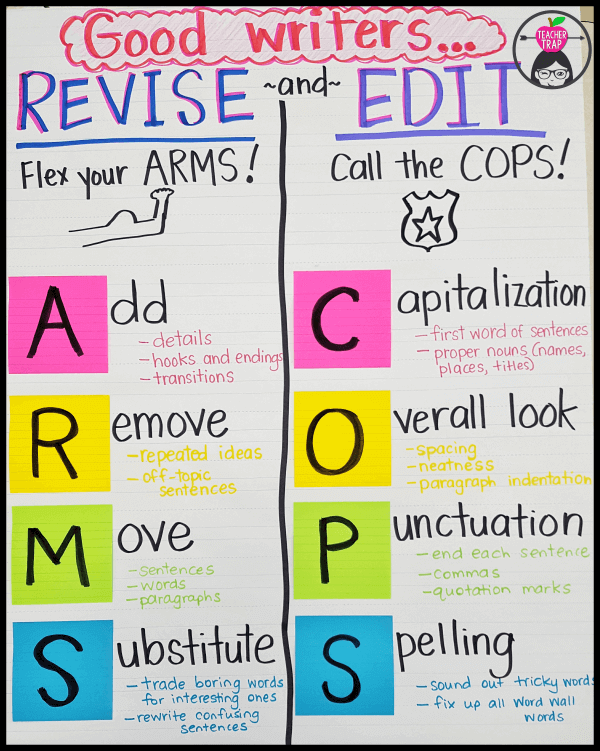
Other charts may come and go throughout the school year, such as Endings and Leads for Fiction, Showing Vs Telling, Persuasive Techniques, Procedural Writing Tips, etc. I try to keep all the charts in the same area, often placing them right on top of one another. This makes it easy for students to find what they need and to recall the information even after the charts are gone. And the kids are always welcome to look back under the newer charts for past information.
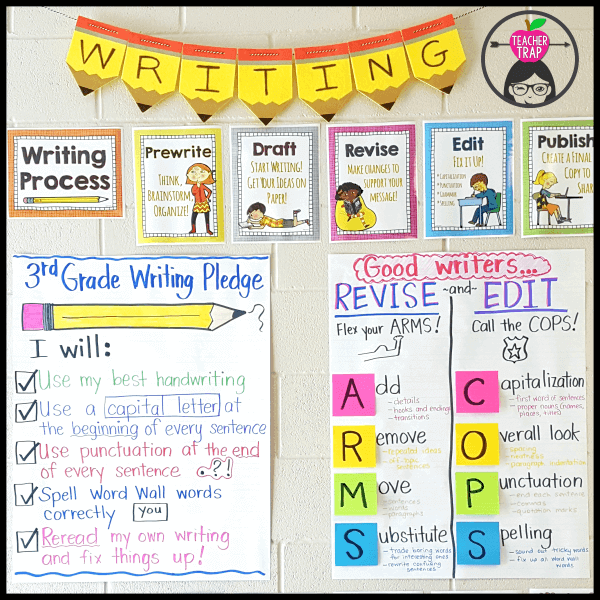
If you’re looking for more information on Writing Workshop, you can check out Launching Writing Workshop:
I also just finished a handy set that makes teaching Personal Narrative Writing easier than ever!!
Thanks for reading! I’d love to hear your ideas on how to create a powerful writing wall! 🙂


